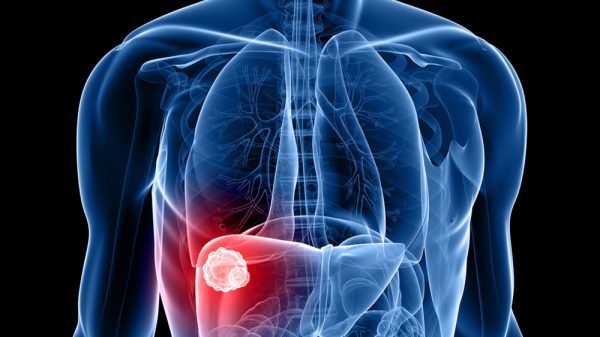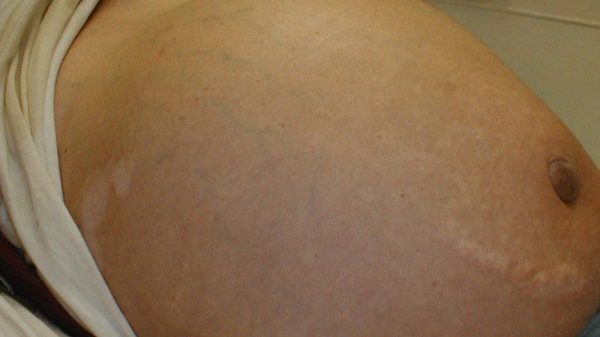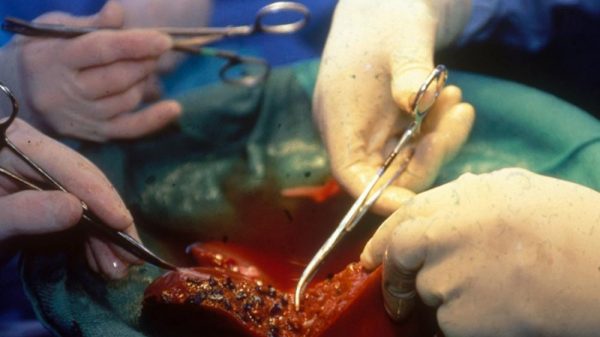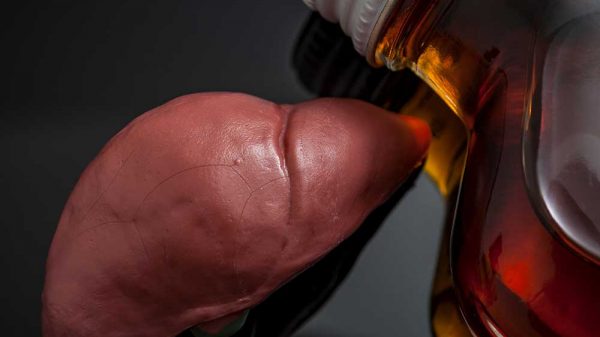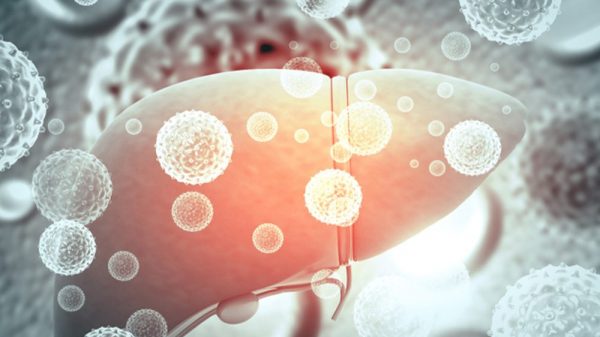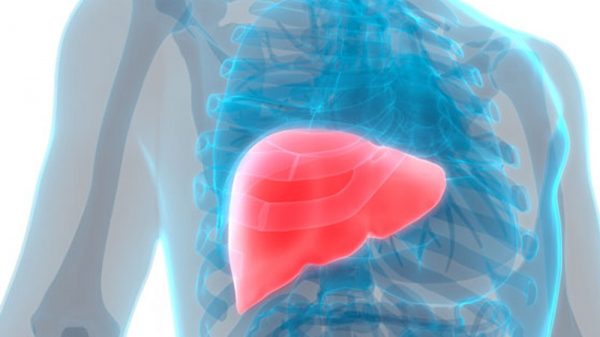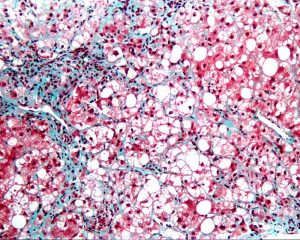A number of health conditions can result in different illnesses or diseases that can adversely affect the health and quality of life of individuals. Others are considered major health risks while some can be classified as minor health concerns which can become more serious if left untreated. However, there are some conditions that affect the main and critical organs of the body such as the kidneys, the lungs, and the heart which can lead to a life-ending or terminal condition. One such dangerous condition is Cirrhosis of the Liver. But what really happens in the final stages of this disease? Read on and find out!
Liver Failure and Liver Disease: A Brief Backgrounder
Liver damage and disease can be caused by a number of different factors which include genetics, alcohol abuse, and infections. Failure of the liver occurs when the liver stops working properly and is unable to perform its normal functions. These include clearing substances that are considered toxic and in the production of bile for food digestion. Liver failure is a condition that is considered an emergency and life-threatening as well. It can also be a condition that is chronic or acute. Chronic Liver failure happens through a period of time while acute liver failure can suddenly set on.
The damage and the failure of the liver can happen in different progressive steps or levels and every phase or stage can have different effects on how the liver functions. It is important though, to differentiate between liver disease and liver failure. Liver disease is a form of health condition affecting the liver which can lead to its damage and inflammation. These adverse effects can have a direct impact on how the liver functions. On the other hand, failure of the liver means that some of the functionality of the liver has been reduced or lost and can be the result of liver disease and the corresponding damage.
Liver Failure: What are its stages?
Enumerated below are some of the stages or progressive levels of liver failure. Each level or stage can affect the function of the liver in some specific way. These are:
- Inflammation- This is the earliest stage of liver failure and will result in a liver that is inflamed and enlarged. Individuals will usually have no symptoms at this stage and if the inflammation is not treated, liver damage that is permanent can occur.
- Fibrosis- This stage in liver failure occurs due to the scarring that results from extended periods of inflammation. Healthy tissues of the liver are replaced by scar tissue which in return, adversely affects the normal functionality of the liver. As such, the optimal function of the liver is adversely affected. Similar to inflammation, fibrosis will usually go undetected due to the absence of symptoms as well.
- Cirrhosis- During this stage in liver failure, scarring would have advanced to something more severe and would have affected most of the liver. Due to the absence of liver tissues that are healthy, the liver can find it more difficult to function properly. While earlier stages had no specific symptoms, this stage in liver failure will present some noticeable symptoms.
- End-Stage Liver Disease (ESLD)- Individuals suffering from End-Stage Liver Disease or ESLD already have liver functions that have drastically been reduced. This condition has also been associated with other symptoms such as hepatic encephalopathy and ascites. At this stage, End-stage Liver Disease can no longer be treated other than by undergoing liver transplant.
- Cancer of the Liver- Liver cancer occurs when cells that are unhealthy start to develop and aggressively multiplying. Once the liver is affected by such a condition, it is referred to as primary liver cancer. Liver cancer can happen at any stage of liver failure but people who are affected by liver cirrhosis are a higher risk. Liver cancer can have the following signs and symptoms:
- Itching of the skin
- jaundice or eyes and skin that are yellowing
- Vomiting or nausea
- Reduced appetite or the feeling of being satiated after eating food in small amounts
- Swelling or pain of the abdomen
- Weight loss that is unexplained.
What are some of the possible causes of Liver failure?
Liver failure and its causes will depend mainly on whether or not it is chronic or acute.
Chronic failure of the liver is the type of liver damage that over time, slowly develops. This can result in cirrhosis where the development of scar tissues can lead to the liver being prevented from its proper functions. Some of the cirrhosis’ possible risk factors include:
- Cholangitis and other diseases that have an effect on the bile ducts
- Autoimmune hepatitis
- Nonalcoholic fatty disease
- liver diseases that are alcohol-related
- Infections linked with chronic Hepatitis C or Hepatitis B
On the other hand, acute failure of the liver is a condition that can occur quite suddenly and can be the result of various other factors. However, there are some cases where the culprit cannot be identified. Some of the possible risk factors for acute liver failure include:
- Toxins exposure such as poisonous mushrooms or industrial grade chemicals
- Budd-Chiari syndrome or other conditions that can affect liver veins
- autoimmune hepatitis and other autoimmune conditions
- Wilson’s disease and other metabolic conditions
- herbal supplement reactions which include kava and ma huang
- Prescription medication reactions such as antiepileptic drugs, NSAIDs, and antibiotics
- Tylenol or acetaminophen overdose
- Hepatitis A, B and E infections
Symptoms of Liver Failure
Similar to the aforementioned causes of liver failure, the symptoms for both acute and chronic liver failure are different.
For chronic liver failure, the following are the symptoms:
- Skin itching that is extreme
- Urine darkening
- fluid buildup in the legs, arms, abdomens
- feeling disoriented and confused
- Easy bleeding and bruising
- Jaundice or yellowish eyes and skin
For acute liver failure, below are some of the symptoms:
- Feeling disoriented and confused
- jaundice or yellowish eyes and skin
- Swelling and pain in the abdomen
- vomiting or nausea
- Feeling sleepy or tired
- Malaise or feeling unwell
